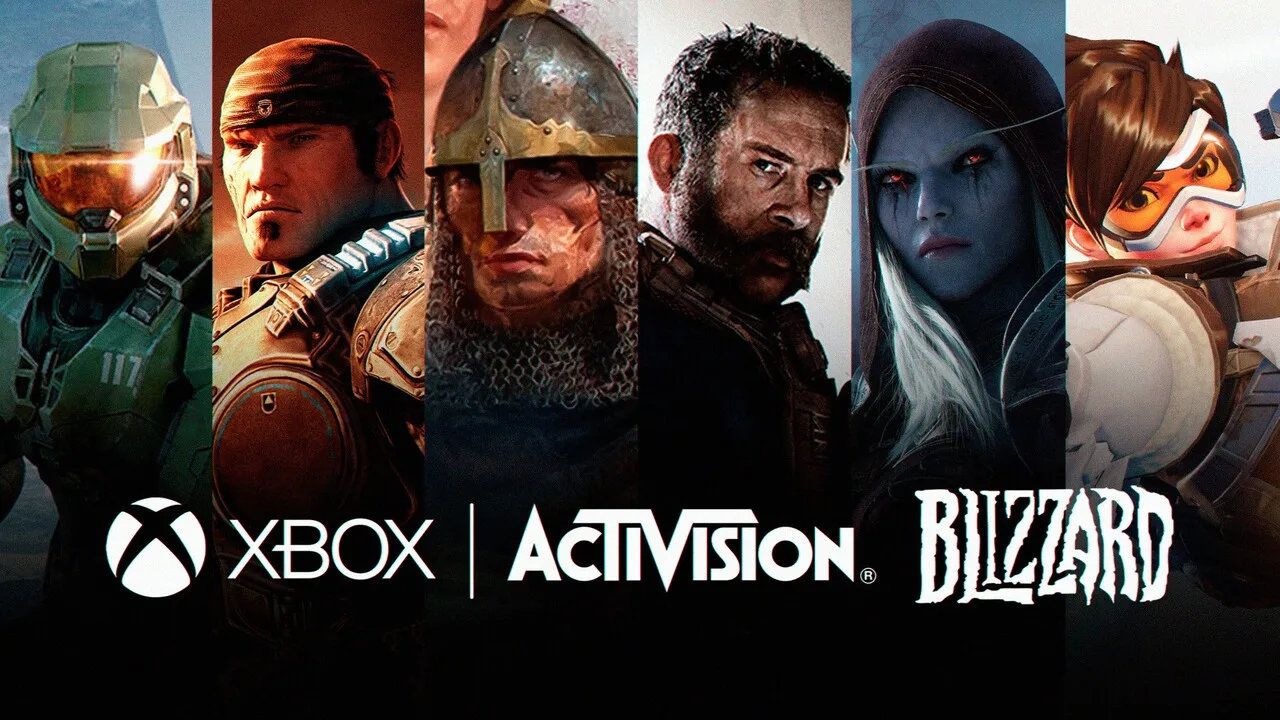
In a move that’s sending shockwaves through the gaming industry, King—the studio behind Candy Crush Saga—has laid off approximately 200 employees, many of whom are reportedly being replaced by AI tools they helped develop. This decision, part of Microsoft’s broader restructuring that affected around 9,000 roles across its gaming division, raises pressing questions about the future of creative labor in game development.
Sources close to King revealed that level designers, narrative writers, UX specialists, and testers were among those let go. Ironically, many of these individuals had spent the past few years building and refining AI systems to assist with their work—systems now poised to take their place.
One insider described the situation as “absolutely disgusting,” noting that entire teams were wiped out despite the company’s strong financial performance. The AI tools, originally intended to augment creativity, are now being used to automate it, with level design and copywriting teams reportedly dismantled in favor of machine-generated content.

King’s internal memo cited the need to “simplify the organization” and “rebalance headcount” as part of its strategy to adapt to a rapidly evolving industry. Yet, this streamlining comes at a steep human cost. Morale, already low according to internal surveys, has now plummeted to “gutter levels”.
Critics argue that the layoffs reflect a troubling trend: profit-driven decisions that prioritize scalability over creativity. While AI can generate thousands of levels, it lacks the nuance, humor, and emotional resonance that human designers bring to the table.
King’s pivot toward becoming an “AI-first company” began with its 2022 acquisition of Swedish AI firm Peltarion. At the time, CTO Steve Collins emphasized that AI would empower designers—not replace them. But the recent layoffs suggest a shift in philosophy, one that favors automation over augmentation.
This development isn’t isolated. Other Microsoft studios, including ZeniMax and The Initiative, have also faced closures and layoffs, signaling a broader industry reckoning with the role of AI in game creation.
The irony of creators being replaced by the very tools they built is hard to ignore. As AI continues to reshape the gaming landscape, studios must grapple with a fundamental question: Can innovation coexist with empathy?


